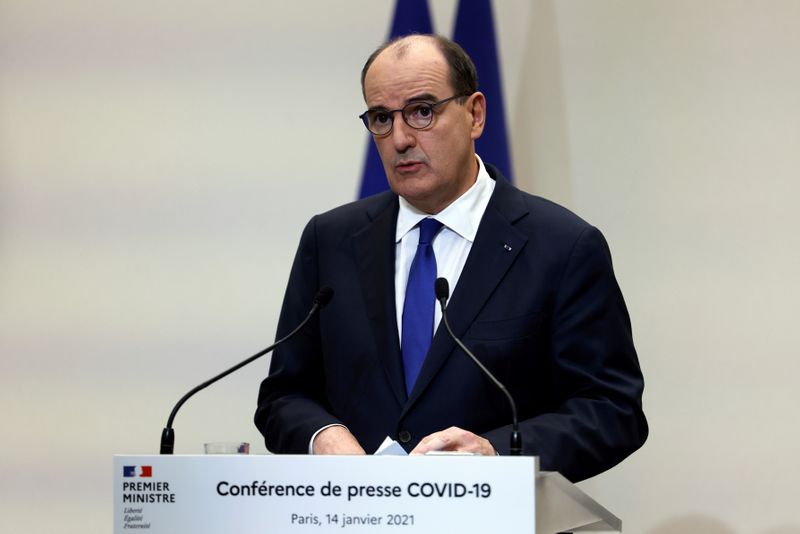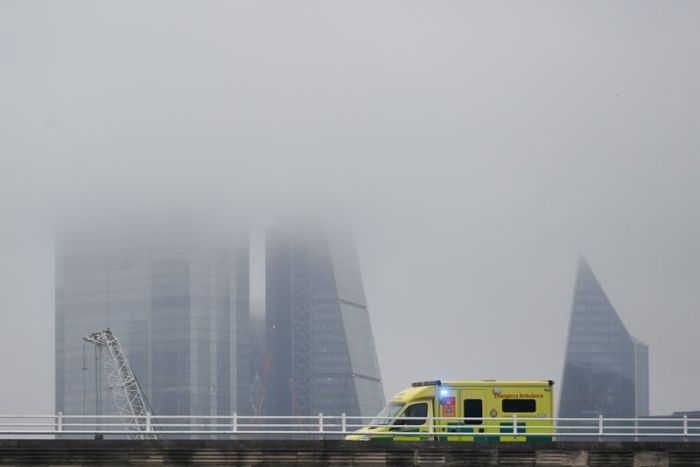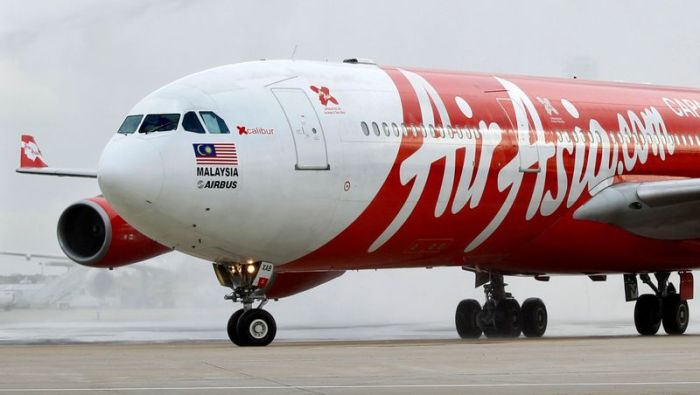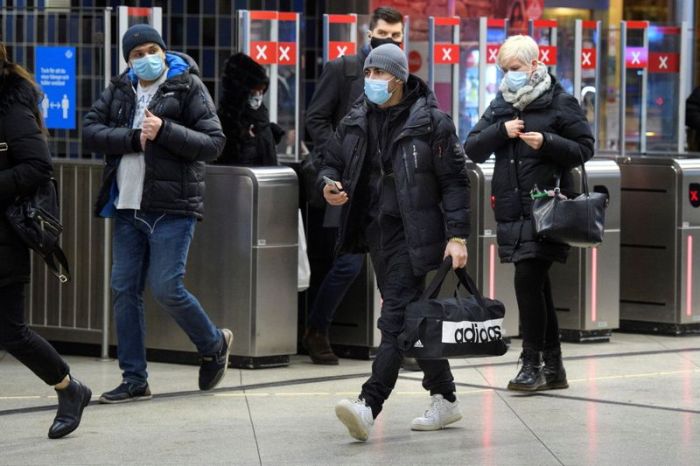PARIS (Reuters) – France will strengthen border controls and bring forward its night curfew by two hours to 6 p.m. for at least a fortnight as it tries to slow the spread of coronavirus infections, the government said on Thursday.
France has the seventh highest death toll in the world and the government is particularly worried by the more-transmissible coronavirus variant first detected in Britain, which now accounts for about 1% of new cases.
The revised curfew will come into effect on Saturday. From Monday, all people travelling to France from outside the European Union will have to show a negative COVID-19 test and self-isolate for a week upon arrival.
A new protocol for EU countries will be worked on ahead of a European summit on Jan. 21, Prime Minister Jean Castex told a news conference.
“We must do everything to prevent this variant from spreading and ensure that it does not become the dominant variant,” Castex said.
The epidemic has killed nearly 70,000 people in France. Pressure on the hospital system remained high but was not getting worse, the prime minister said.
The government had this month advanced the curfew in 15 administrative departments. In those areas, Castex said, the increase in new cases was two to three times weaker than elsewhere in the country.
“The situation doesn’t require that we impose a new lockdown,” Castex said. But he said the government would be swift to order a new confinement if the epidemic worsened.
France will test more than 1 million school pupils a month to help keep schools open. Sanitary protocols will be tightened in school canteens and indoor school sports will be suspended.
The vaccine rollout was being widened further to include citizens of any age with underlying health issues, Castex said.
France was slower than neighbours such as Britain and Germany to deploy the vaccine. Health Minister Olivier Veran told the news conference about 318,000 people had now been inoculated and that the country was on track to deliver more than 1 million COVID-19 shots by the end of the month.
Finance Minister Bruno Le Maire said financial support for businesses was being increased to up to 200,000 euros per month and would last as long as needed. He said the additional support would cost 4 billion euros per month.
Companies which had received state-guaranteed loans would receive an additional year to pay them back, he said.
(Reporting by Geert de clercq, Dominique Vidalon and Matthias Blamont; Writing by Richard Lough; Editing by Janet Lawrence)

























